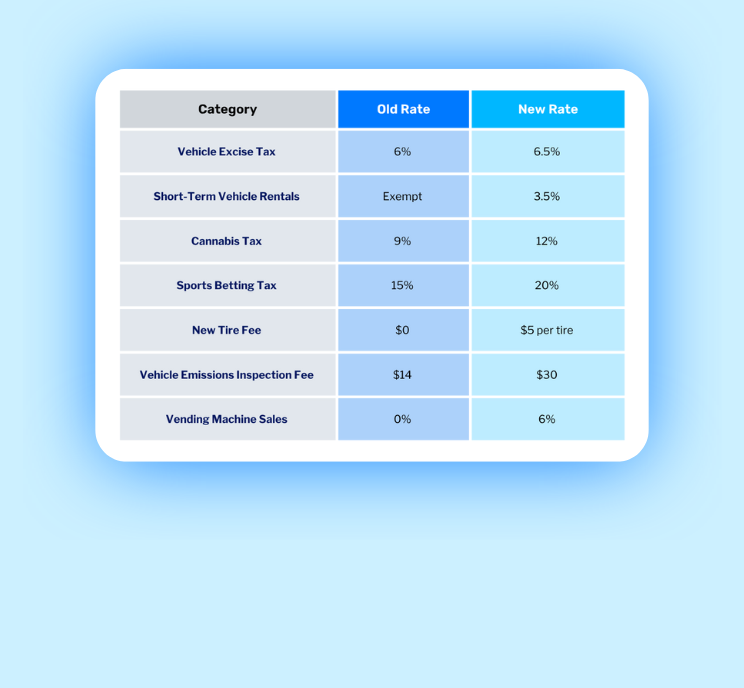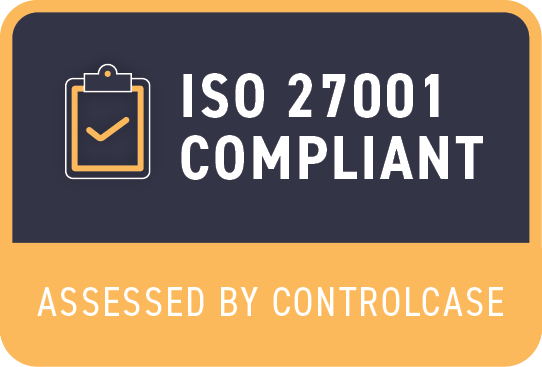Almost all valuation practitioners have been asked by numerous business owners, lawyers, accountants, bankers, etc. to help them with a “Back of the Napkin,” “Quick and Dirty,” “Rule of Thumb,” valuation for a company. Depending on where you look and who you ask, there’s a whole litany of suggested formulas and rules of thumb for determining the value of a business. There are even business valuation calculators that proclaim to be able to produce a value by entering in a few key pieces of information, like revenue and expenses.
The reality of the situation is: there is no quick dirty rule of thumb formula for business valuation.
At least not one that is capable of capturing all of the unique features that influence a company’s value. Common methods attempt to apply general industry multiples to sales or some form of cash flow such as EBITDA and may include adding certain assets and subtracting certain liabilities from the result to arrive at an equity value.
The problem with the general rule of thumb valuation methods is each one might provide wildly different values. These simplistic formulas overlook and fail to incorporate significant company specific factors that have a substantial impact on the overall value.
Valuations based on profit multiples can be notoriously misleading. Depending on a business’s accounting strategy, their reflected profit figures can be deceptive if they’re using aggressive accounting practices. Additionally, valuations based on sales and revenue don’t take into account potential differences in cash flow and profit margins which materially impact valuation.
Where Do These Formulas and Ideas Come From?
A lot of the time, business owners have a general idea of what their companies are worth. Sometimes that predicted valuation is obtained through good data and research. Other times, that predicted valuation is generated by imprecise and unscientific sources.
Many of the generic formulas for valuation are originated by business brokers, who primarily specialize in the sale of small businesses. These business brokers generally look at surface information about an organization, like its industry, its revenue, and sellers discretionary cash flow. This information is then correlated alongside their own history of transactions. External data and other contributing factors are often not factored into the rule of thumb formula, meaning their rule of thumb could be significantly disparate from the true value.
There’s also the colloquial “Country Club Value.” This value is often derived by hearing anecdotal evidence about the value of a similar company, applying it across the board, and using it as the basis for an informal valuation. A value such as this is based primarily in misinformation because the informal conversations people have about their businesses rarely capture the full picture, thereby glossing over the many intricacies that influence a valuation.
How to Really Value A Business
Placing a specific value on the worth of a business is a bit like attributing a value on an antique or family heirloom. It’s art as much as it is science. Formulas and calculators will only provide a condensed often wrong, overly simplified value for a business that could be far from the mark of a business’s true value.
The best way to determine the value of a business is by conducting thorough research and analysis of the company, industry, and economy. Then incorporating all of the many factors that influence the value of a business to reach a value conclusion.
A comprehensive examination of a company’s worth looks not at a single factor, but rather considers multiples approaches including income based methodologies such as a discounted cash flow model and market based methodologies based on comparable transactions or public companies. The application of these various approaches should then be assessed considering both internal and external factors including the unique attributes and company specific risk factors of the subject company.
These unique considerations have just as much influence on value as revenue and profits. Cash flows, revenue, and fixed assets are still taken into consideration, but so are the intangible assets like trademarks, intellectual property, and proprietary software. A proper valuation requires an unbiased assessment of a company’s intangible assets. Not all people think about value from the same perspective, especially when it comes to intangible assets.
Selling a business has a lot of personal and emotional value attached to it. That personal and emotional value –from a market standpoint – isn’t worth anything. Business owners have a perceived higher value of a company they grew from the ground up. It’s a natural reaction, but it’s important to address and move past the emotional challenges in the early stages of a valuation to set realistic and reasonable expectations.
In the end, the function of a business valuation is a risk assessment of that company’s ability to generate money for its next owner. By simply applying formulaic and generic methods to derive a value, the key component – the risk assessment – is missed and overlooked, which is why there is no formula for business valuation.
It is important to take the time to go through the process, and partner with the right team to do so. If you have any questions about valuing your business please contact our Business Valuation Services team.





